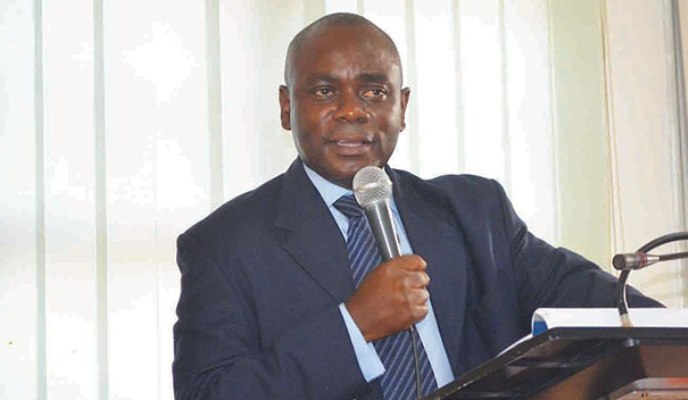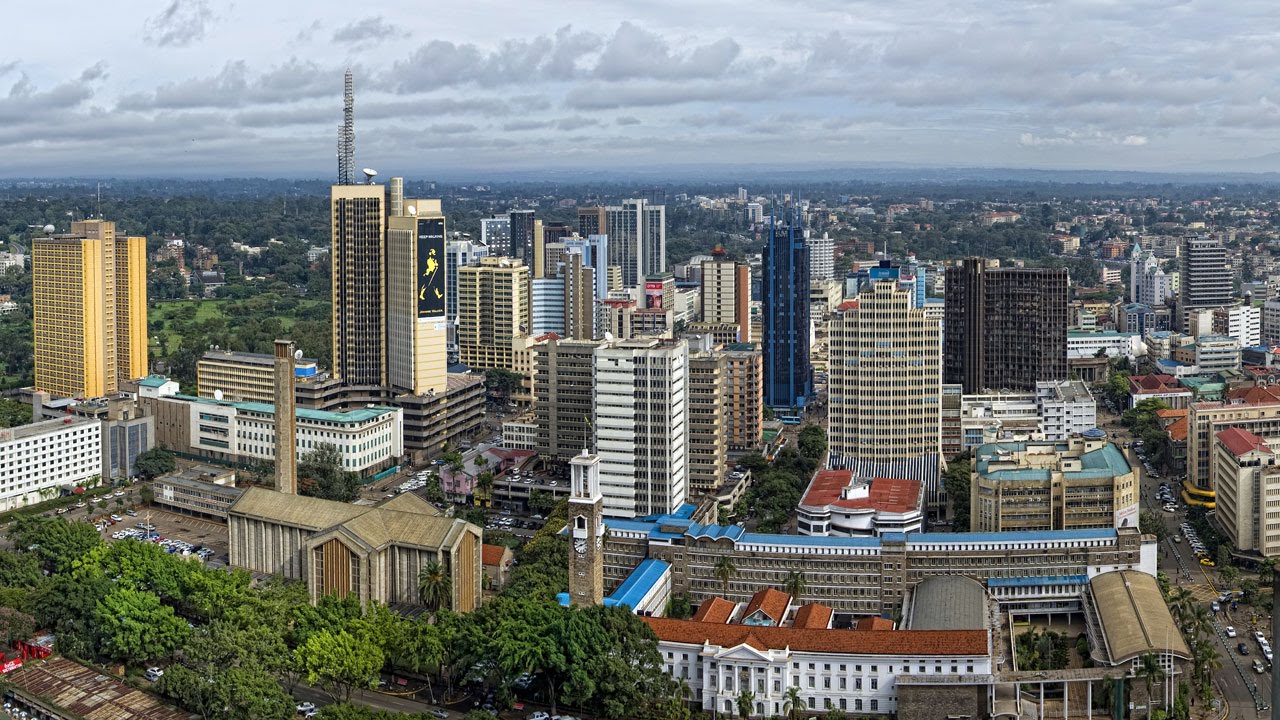Dr Fred Muhumuza, an economic policy commentator says credit image should not be a reason for one not to apply for relief
The International Monetary Fund (IMF), the World Bank and national lenders like the US, China and Japan are yet to agree on the modalities of debt relief for poor countries as eligible ones remain reluctant to apply.
A few countries have been processing their requests which include putting in place measures to meet the terms and conditions. However, the lenders, which include the two Bretton Woods institutions and the world’s industrialized countries (G 20) are yet to agree.
Earlier in August, China said it had forgiven 23 interest-free loans to 17 African countries, loans that had matured but did not name the countries, nor the total amount.
The Director of Economic Affairs at the Ministry of Finance, Planning and Economic Development, Moses Kaggwa, said they hoped that Uganda would benefit, but could not tell if the country had interest-free loans from Beijing.
He said that discussions were ongoing on a country-by-country basis.
Under the “Common Framework for Debt Relief,” the G.20 countries agreed to give relief to the countries thought to be in distress, but by September, three countries; Zambia, Chad and Ethiopia had applied.
US Secretary of Treasury Janet Yellen has accused China, Africa’s single largest bilateral lender, of holding back the debt-relief process. She told the IMF/World Bank Annual Meetings that ended Sunday in Washington that China was insisting that it wouldn’t take part until the IMF and the World Bank agreed to cut debt.
However, in a press briefing at the meetings, Abebe Aemro Selassie, the Director of the IMF’s African Department said he didn’t think that was China’s position because it has already helped Zambia.
“I mean, in recent years, I think, programs that come to mind where debt relief has been needed from China to help bring debt to a sustainable position have been, Angola, which China provided some relief profiling and, more recently, Zambia; and in both those cases, the required debt relief has been provided without… by China. So, I wasn’t sure what the context in which Secretary Yellen made the comments are,” says Abebe.
Some countries have shown an unwillingness to apply for debt relief because, according to them, asking to be forgiven shows that you are insolvent and can keep willing lenders away.
Apollo Munghinda, the Principal Communications Officer at the ministry of finance declined to tell Uganda’s position, whether it maintains not going for the debt relief, or it had changed its mind. He said the Minister, Matia Kasaija and Permanent Secretary Ramathan Ggoobi would explain Uganda’s latest position when they return from the IMF/World Bank meetings later his week.
The meetings were held under the theme: Living on the Edge, and IMF’s Abebe said this was informed by the debt situation Sub-Saharan African countries were going through due to high inflation, high commodity and food prices and high-interest rates by the west.
“Public debt has reached almost 60 per cent of GDP, leaving the region with debt levels last seen in the early 2000s. In fact, 19 of the region’s 35 low-income countries are now at high risk of debt distress or in debt distress, and inflation rates have accelerated to levels not seen in about 15 years”, he said. He said out of the 45, 46 Sub-Saharan African countries at least 8 are at high risk, while in some, “the situation is not as acute.”
Uganda Debt Network Executive Director, Gilbert Muhumuza says it is not easy to meet the terms and conditions of debt relief, even if it may not necessarily downgrade the country. “Debt relief does not come on a silver platter. There are conditions you have to fulfil E.g. the reprieve has to be allocated to some other sectors the lenders deem ideal. For example, they can say you will need to put an equivalent of what you were forgiven, to address education, health etc.,” said Muhumuza.
He adds that it can even come with directives on some fiscal policies they prescribe and even in the areas of good governance defined in their terms. “So the fear of a country could be grounded on such issues, rather than the international financial capacity image.” According to him, asking for forgiveness cannot have the same or a worse impact on a country’s image than failure to pay, which debt distress means.
“Every country borrows. When a country defaults even with such considerations as rescheduling, then the consequences are dire. It loses creditworthiness in international financial markets; Foreign direct investors worry about the country’s economy; lenders can only lend the country at high rates,” he says.
Dr Fred Muhumuza, an economic policy commentator says credit image should not be a reason for one not to apply for relief, because the ratings can still go down since the lenders can still see how much of the domestic revenues or export revenues are being used to service the debt.
“The six trillion shillings the country is using to service debt is for domestic debt. If a lender gives a condition that reduces interest rates on all your debt, will the treasury bond holders or direct lenders like NSSF agree to cut the interest at which they lend you?”
On whether Uganda is at a point at which lenders can refuse to lend to Uganda doubting its capacity to pay back, Muhumuza says it is a matter of interpretation.
“The source of revenues being used to service the loans means a lot. When you look at that, we are either at a critical point, or we are already there. There are people who want to show a face and say we are not yet there because oil is coming. But oil has been coming and has not yet come. You can’t factor in the future that has not yet come because the debt is already with you,” he says.
The IMF said there is a need for the lenders to move quickly and that what needs to be done to address the debt challenge depends on specific country circumstances.
-URN




